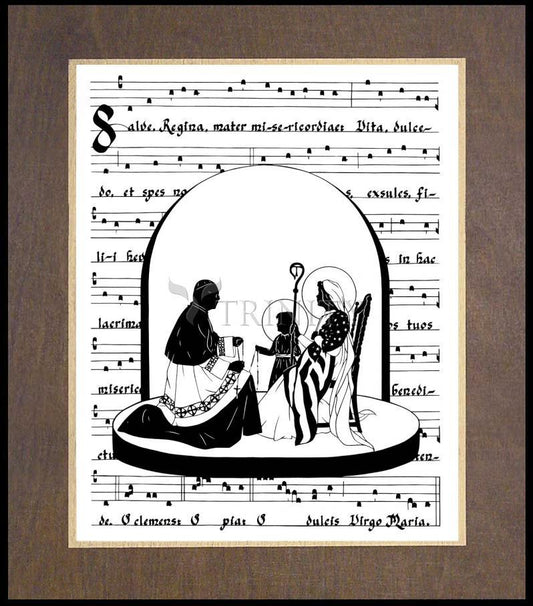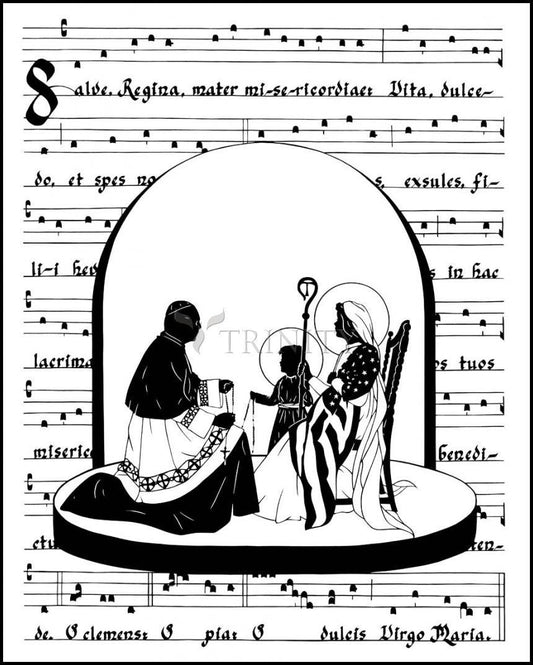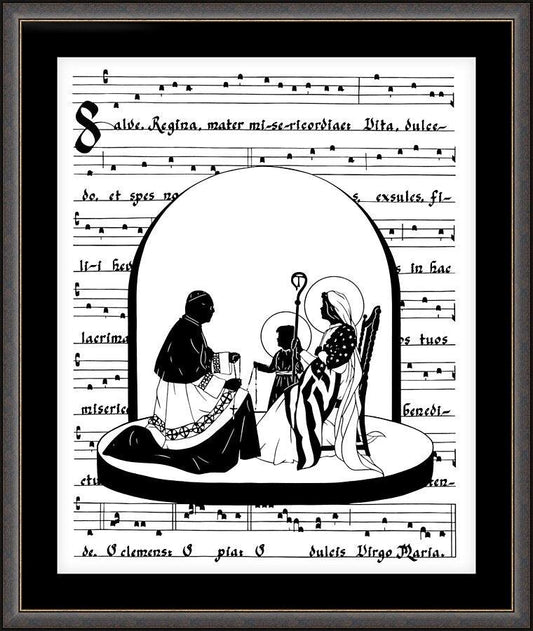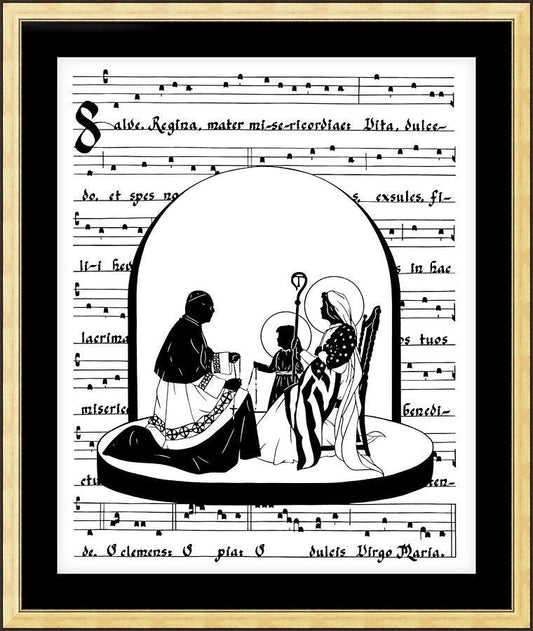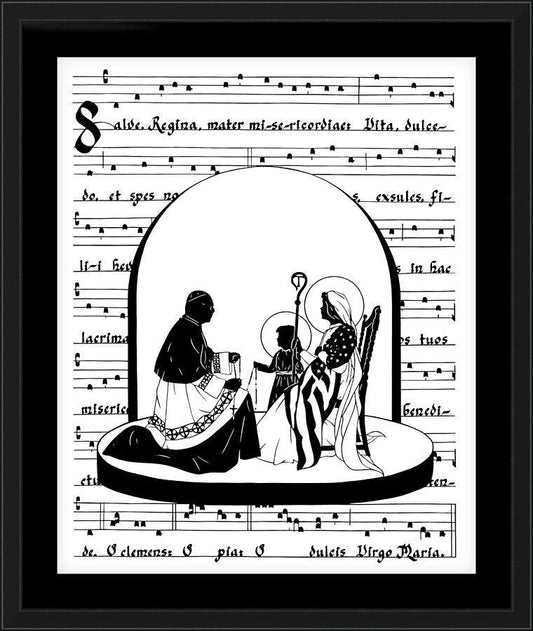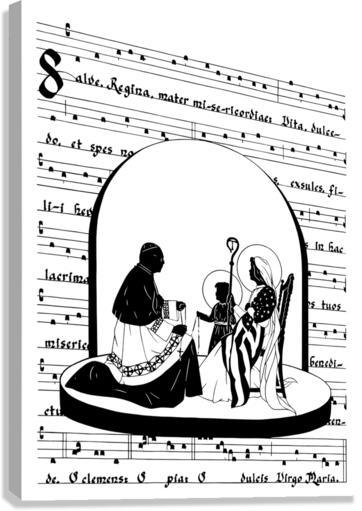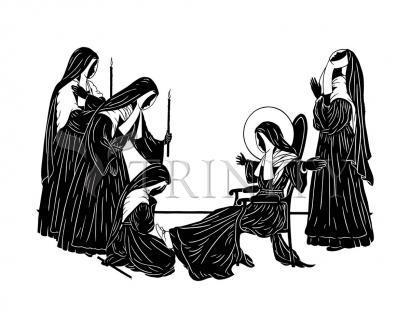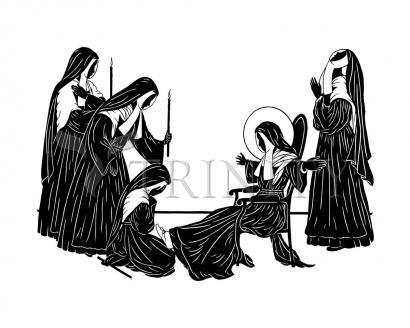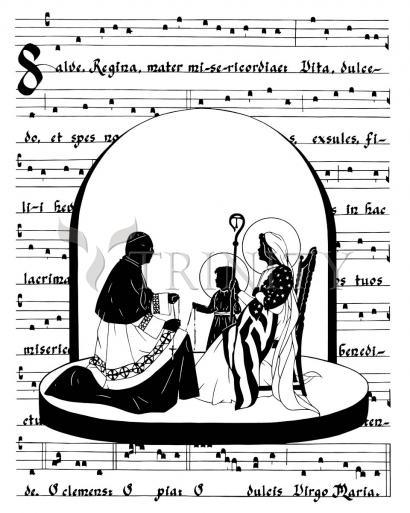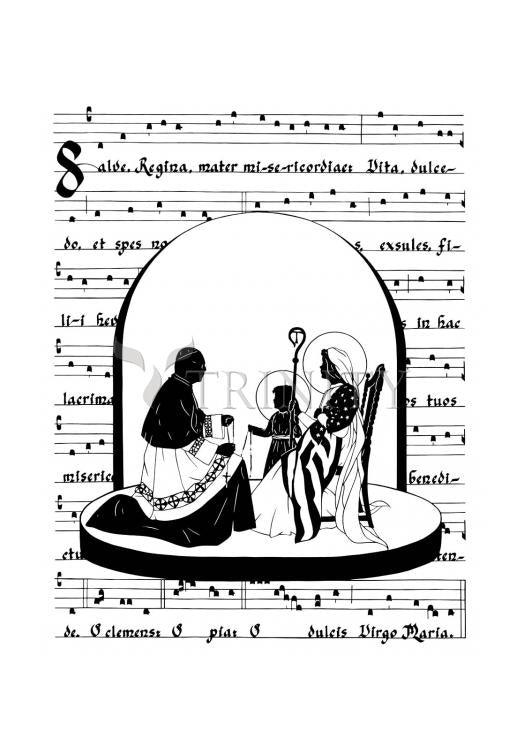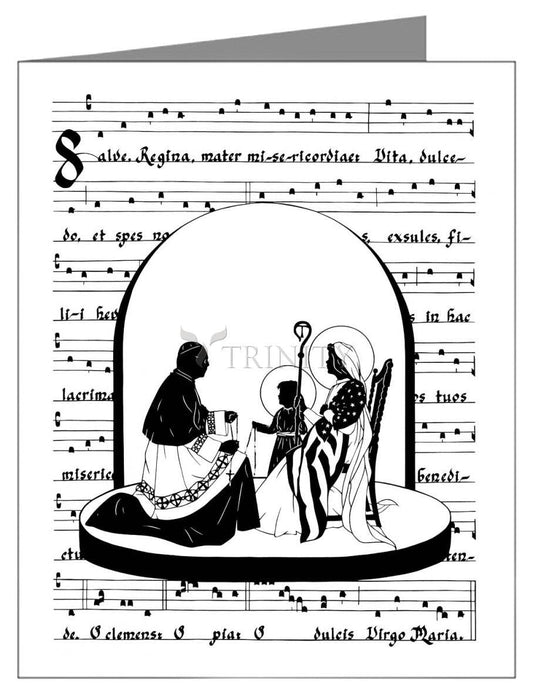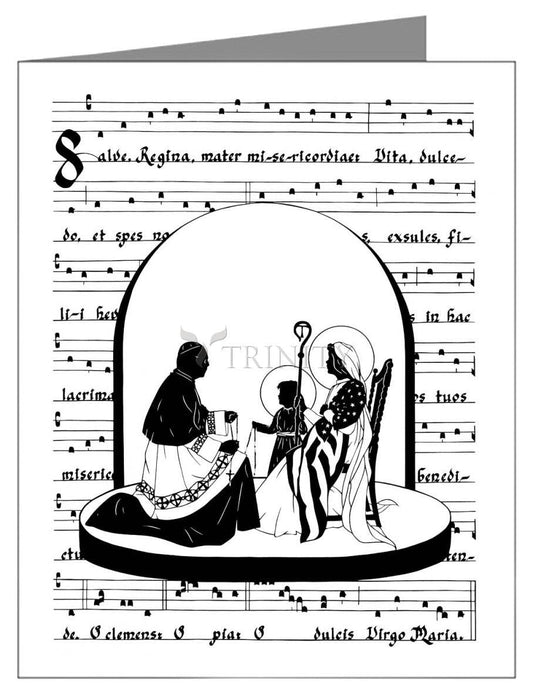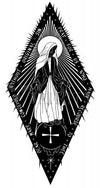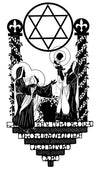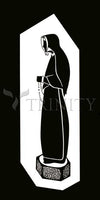Terence Cardinal Cooke (1921-83)
Cardinal Archbishop Terence J. Cooke was born in New York City on March 1, 1921, the youngest of three children of Michael and Margaret Gannon Cooke, who were both natives of County Galway, Ireland. He was named after Terence MacSwiney, the nationalist Lord Mayor of Cork who had died six weeks earlier from his celebrated hunger strike protesting British occupation policies in Ireland.After the death of his mother in 1930, her sister Mary Gannon, joined the family to help rear Terence and his older brother and sister. He decided to study for the priesthood upon graduation from elementary school in 1934 and enrolled in Cathedral College, a minor seminary of the Archdiocese of New York.In 1940 he entered St. Joseph's seminary, Dunwoodie, and was ordained a priest on Dec. 1, 1945, by Francis Cardinal Spellman in St. Patrick's Cathedral.
Immediately after ordination Fr. Cooke was assigned to graduate studies in social work, first at the University of Chicago, then in the National Catholic School of Social Service at the Catholic University of America, where he obtained a master's degree in 1949. From 1949 to 1954 he was assigned to the Youth Division of Catholic Charities; in 1954 he became procurator of St. Joseph's Seminary where his administrative efficiency brought him to the attention of Cardinal Spellman, who selected him as his secretary in 1957.
Thereafter he advanced from vice chancellor (1958) to chancellor (1961) to vicar general and auxiliary bishop (1965). At Spellman's death in Dec. 1967, Cooke was the youngest of ten auxiliary bishops. His appointment as the seventh archbishop of New York on March 8, 1968, was unexpected (especially to Archbishop John Maguire, the coadjutor without right of succession) and was widely attributed to Spellman's influence.On April 4, 1968, Cooke also succeeded Spellman as military vicar for the United States Armed Forces. He was appointed to Cardinal in April 28, 1969.
Cooke became archbishop of New York during a tumultuous period of civil rights demonstrations and student protests provoked by the Vietnam War.On the day of his installation, April 4, 1968, Martin Luther King Jr. was assassinated, leading to riots in many American cities.That evening Cooke left a reception to travel to Harlem and plead for racial peace. Cooke also had to face the unsettling aftermath of Vatican II.Between 1967 and 1983 the number of diocesan priests declined in New York form 1,108 to 777. The total Catholic population remained the same but that was because of a large influx of Hispanic immigrants. Women religious fell from 8,955 to 5,178.The number of infant baptisms fell from 50,000 to 31,000 per year and church weddings declined from 15,000 to 8,200 per year.
The age of expansion had ended by the time Cooke took over. Cardinal Spellman had established forty-five parishes while Cooke had a net gain of four.The diocese needed financial expertise and he excelled in this role.He created the Inter-Parish Finance Commission, which levied assessment on all parishes and used income to subsidize the poor parishes. Only 31 of the 305 Catholic elementary schools were forced to close due to enrollment dropping off by about one half in the diocese.His financial expertise was greatly attributed to the maintaining of the schools.He also appointed the first black and Hispanic auxiliary bishops in the history of the archdiocese, and in his capacity as military vicar he continued to visit military troops overseas as Spellman had done.
Critics complained that Cooke's financial wizardry was not matched by comparable leadership skills or long-term vision. In such areas as the Hispanic apostolate and the academic quality of the diocesan seminary, Cooke was faulted for failing to continue the innovative policies of his predecessor. He was sensitive to criticism from the secular press and tended to avoid open confrontation on controversial issues. In public he displayed a cheery smile and exuded an unquenchable optimism. With the clergy he was affable but a stickler for ecclesial propriety. He had a native ability to deflect a discussion of substantive issues into inoffensive pleasantries.Due to his influence, his diocese was spared polarization that occurred in many other dioceses due to Vatican II.
In Aug. 1983 Cooke announced that he was terminally ill with cancer, a lymphoma condition for which he had been secretly receiving medical treatment for the previous eight years.During the following six weeks, his faith and courage made a deep impression on many New Yorkers. After his death on Oct. 6, 1983, huge crowds filed past his bier in St. Patrick's Cathedral and over 900 priests attended his funeral.He was buried under the main altar of St. Patrick's Cathedral. His cause for canonization has been opened and Fr. Benedict Groeschel, is the postulator for the cause.
"Excerpts from "Cardinal Cooke", American Saints



